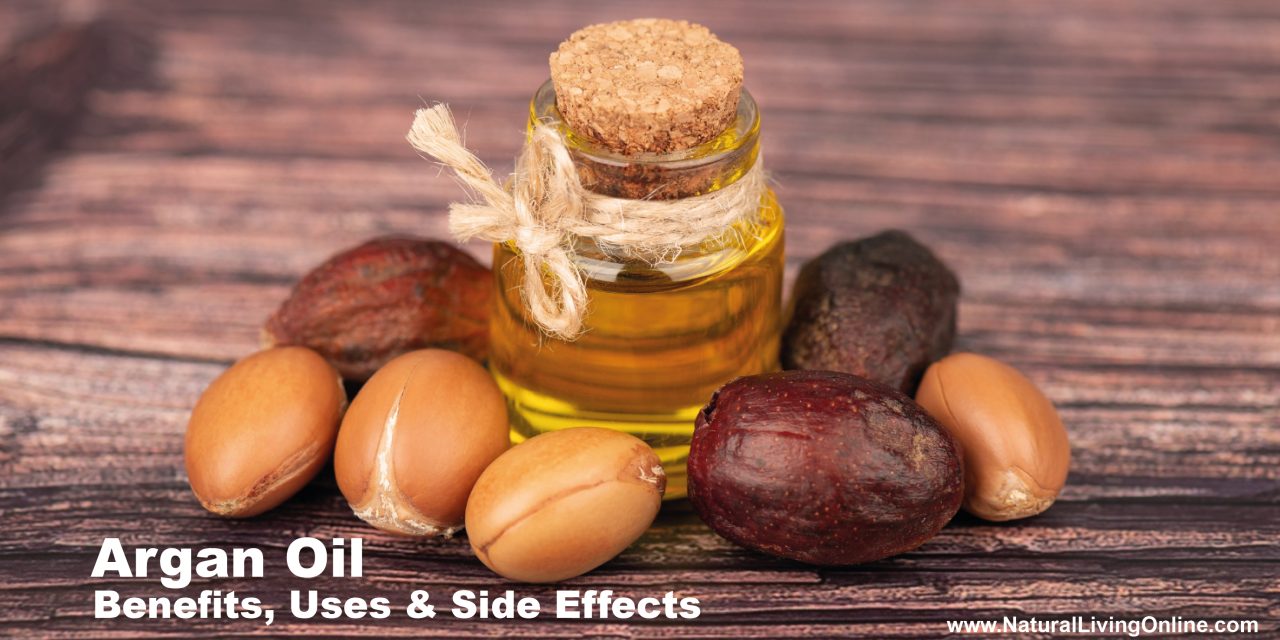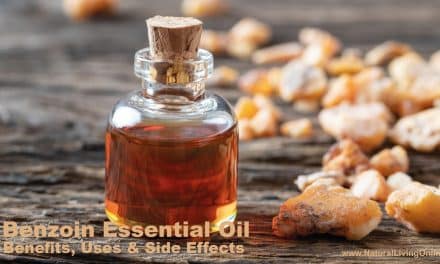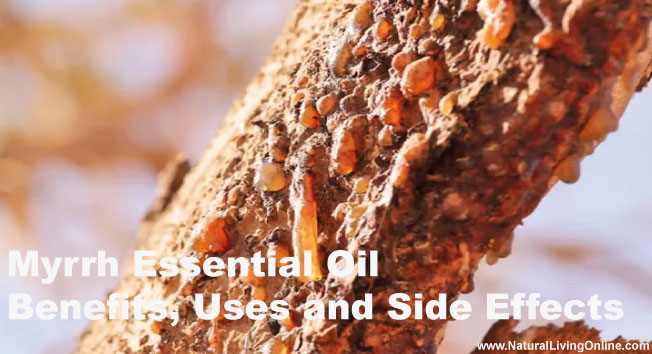Argan oil, a natural product originating from the argan tree in Morocco, has gained substantial popularity in recent years. This versatile oil, rich in fatty acids and antioxidants such as vitamin E, plays a dual role in both culinary and cosmetic realms. In the culinary context, it is prized for its nutty flavor, while cosmetically it is incorporated into products for its hydrating properties that promote skin and hair health. The unique combination of compounds found in argan oil has been associated with various health benefits, ranging from moisturizing skin and improving hair condition to potential health benefits including cholesterol management and immune support.
While argan oil is celebrated for its multipurpose uses and benefits, it is important to understand the appropriate applications and any potential side effects. As with any natural remedy, individual results may vary, and its use should be tailored to personal needs and preferences. Knowing how to choose the right argan oil, as well as how to use it properly, can significantly enhance its effectiveness and the achievement of desired outcomes. Furthermore, insights from research provide a deeper understanding of how argan oil can be integrated into daily routines for optimal benefits.
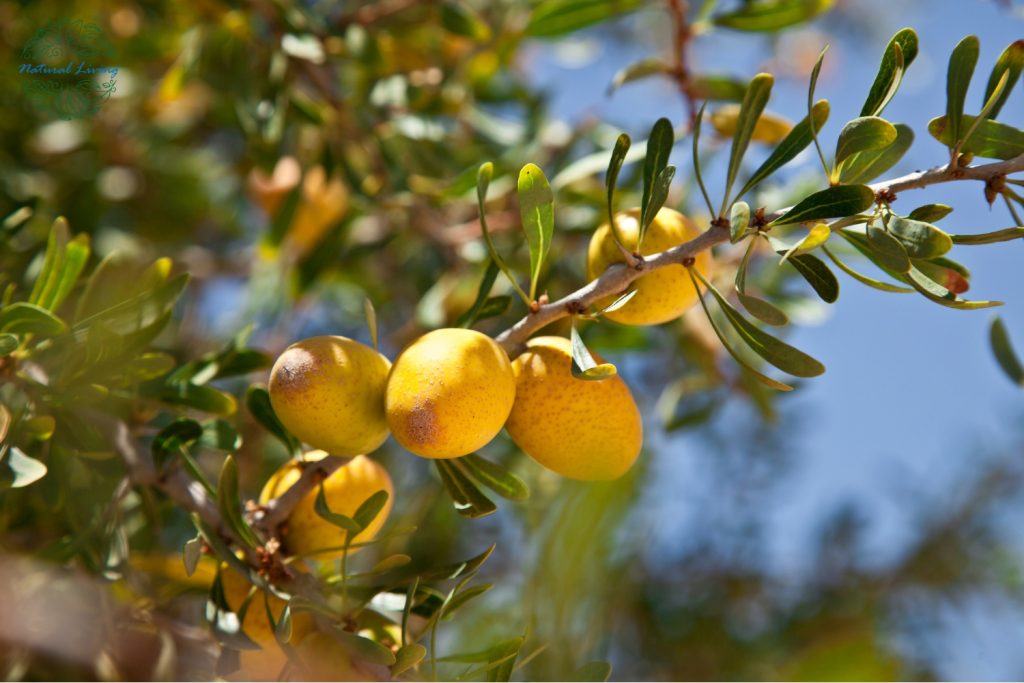
Key Takeaways
- Argan oil is rich in nutrients and has diverse culinary and cosmetic uses.
- It offers various health benefits but should be used with the knowledge of possible side effects.
- Choosing high-quality argan oil and using it correctly can enhance its effectiveness.
Argan Oil Profile
Botanical Name: Argania spinosa
Family: Sapotaceae
Common Names: Argan oil, Moroccan oil
Plant Description: The argan tree is native to southwestern Morocco and parts of Algeria. It is a hardy, drought-resistant tree that can grow up to 10 meters (33 feet) tall and live up to 200 years. The tree has thorny branches, small, oval leaves, and produces yellow-green flowers which turn into round, greenish fruits. Inside these fruits are hard nuts containing one to three oil-rich kernels.
Oil Description: Argan oil is extracted from the kernels of the argan tree. It is typically golden yellow in color with a slightly nutty aroma. There are two main types of argan oil: cosmetic-grade, which is used for skin and hair care, and culinary-grade, which is used for cooking.
Extraction Method: The oil is traditionally extracted by manually cracking the nuts to obtain the kernels, which are then cold-pressed to extract the oil. Modern methods may involve mechanical pressing. The traditional method is labor-intensive and involves local women’s cooperatives in Morocco.
Chemical Composition
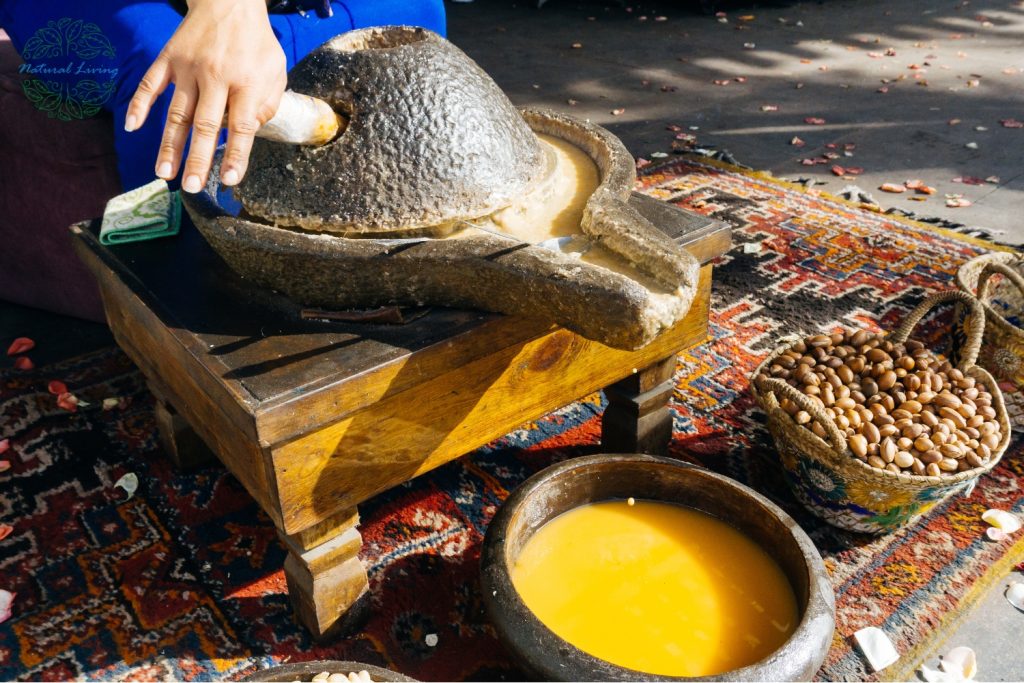
Argan oil is rich in essential fatty acids, antioxidants, and vitamins. The key components include:
- Oleic acid (about 43-49%)
- Linoleic acid (about 29-36%)
- Palmitic acid (about 12-14%)
- Stearic acid (about 5-7%) Additionally, it contains vitamin E (tocopherols), polyphenols, squalene, and sterols.
Properties
- Emollient: Deeply moisturizes and nourishes the skin and hair.
- Anti-inflammatory: Reduces inflammation and soothes irritated skin.
- Antioxidant: Protects the skin and hair from oxidative damage and environmental stressors.
- Regenerative: Promotes skin cell regeneration and healing.
- Non-comedogenic: Does not clog pores, making it suitable for all skin types.
Uses
Skin Care
- Moisturizer: Used in creams, lotions, and serums to hydrate and soften the skin.
- Anti-aging: Reduces the appearance of fine lines and wrinkles and improves skin elasticity.
- Acne Treatment: Helps balance oil production and reduces acne.
- Skin Healing: Speeds up healing of minor wounds, burns, and scars.
Hair Care
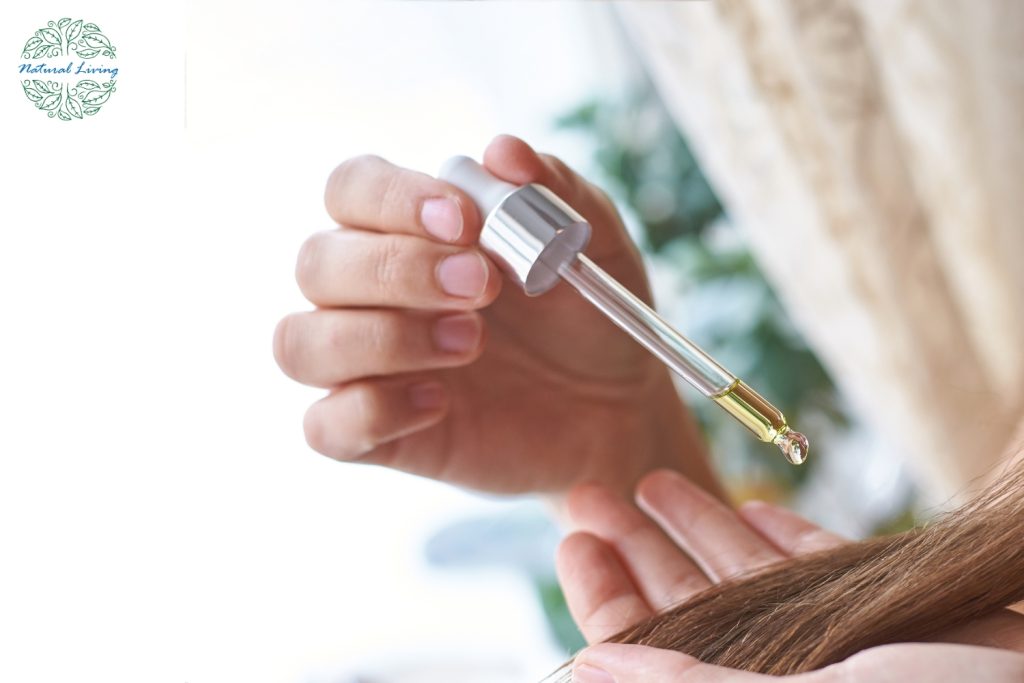
- Conditioner: Hydrates and nourishes hair, making it shiny and smooth.
- Scalp Treatment: Soothes dry, flaky scalp and helps with dandruff.
- Hair Strength: Strengthens hair and reduces breakage and split ends.
- Styling Product: Used to tame frizz and add shine.
Body Care
- Massage Oil: Used for its light texture and skin-nourishing properties.
- Bath Oil: Added to bath water to hydrate and soften the skin.
- Carrier Oil: Commonly used as a base oil for essential oils in aromatherapy.
Culinary Uses
- Cooking Oil: Used in traditional Moroccan cuisine, especially for dipping bread, drizzling on couscous, and in salads.
- Nutritional Supplement: Consumed for its health benefits, including improved heart health and anti-inflammatory properties.
Benefits and Uses of Argan Oil
Argan oil, often regarded as liquid gold, is acclaimed for its potent blend of beneficial nutrients, including fatty acids and vitamin E. With its natural properties, it has become a staple for skin and hair care, as well as culinary practices.
Skin Care
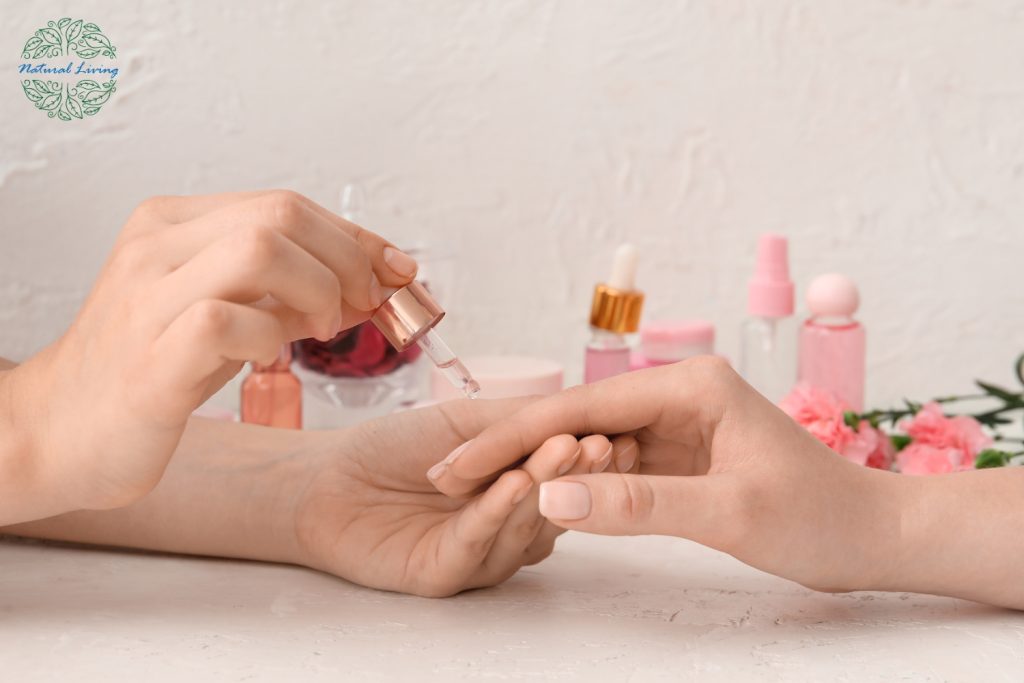
Argan oil serves as an effective moisturizer and can be applied directly to the skin or incorporated into face lotions and creams. Its high concentration of vitamin E and antioxidants makes it beneficial for hydration and nourishing skin. Additionally, argan oil has been suggested to potentially help with skin conditions due to its anti-inflammatory properties.
- Benefits: Helps in hydrating skin, reducing inflammation, and possibly aiding in skin repair.
- Usage: Applied directly or as a component in moisturizers and lotions.
Hair Care
Rich in fatty acids, especially oleic acid and linoleic acid, argan oil is a preferred choice as a hair conditioner. It is known to make hair softer, silkier, and shinier. Argan oil is the cornerstone of numerous shampoos and conditioners due to its ability to help prevent dryness and reduce frizziness and breakage.
- Benefits: Promotes softer and more manageable hair, helps prevent dryness.
- Usage: Found in various hair care products or used as a serum.
Culinary Uses
In its culinary form, argan oil is a cherished addition to many dishes, imparting a distinctive, nutty flavor. It’s especially rich in monounsaturated and polyunsaturated fats, making it a heart-healthy choice in the kitchen. However, argan oil is best used as a finishing oil for cooked dishes or in salad dressings, as its beneficial properties can be compromised when heated to high temperatures.
- Cooking: Enhances the taste of dishes, used as a dressing.
- Benefits: Supplies healthy fats, the goodness of vitamin E, and antioxidants.
Therapeutic Effects and Healing Properties
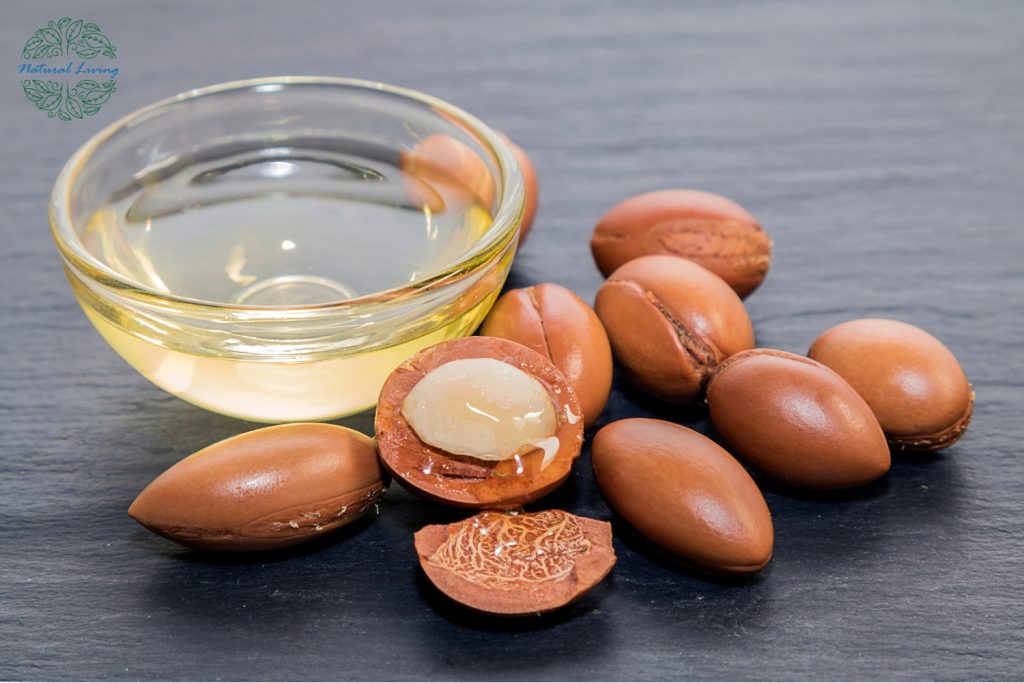
Argan oil is revered for its rich composition of antioxidants and fatty acids that contribute to various therapeutic effects and healing properties. It plays a crucial role in addressing skin conditions, anti-aging, and promoting heart health.
Skin Conditions and Anti-Aging
Argan oil has been traditionally harnessed for its anti-inflammatory properties, making it a beneficial treatment for various skin conditions including acne, psoriasis, and atopic dermatitis. Its richness in vitamin E and antioxidants not only helps in wound healing but also significantly reduces the appearance of stretch marks and scars. Studies suggest that the topical application of argan oil can improve skin elasticity and, thereby, diminish signs of aging.
Heart Health and Cholesterol
When it comes to maintaining heart health, argan oil’s anti-inflammatory and antioxidant properties come into play once again. They aid in reducing oxidative stress and inflammation within the body, which are known contributors to heart disease. Moreover, some research indicates that the consumption of argan oil can have a positive impact on cholesterol levels, promoting a balance between LDL (bad) and HDL (good) cholesterol, which is crucial for cardiovascular well-being.
Side Effects and Considerations
While argan oil is widely acclaimed for its moisturizing and skin-health benefits, it’s important that users are aware of potential side effects, particularly for those with sensitive skin conditions.
Allergic Reactions and Precautions
People with nut allergies should exercise caution with argan oil, as it is derived from the kernels of the argan tree. Symptoms of an allergic reaction may include redness, rash, or hives upon topical application. It is always recommended to perform a patch test before incorporating argan oil into any skincare regimen.
Those with acne-prone skin should note that while argan oil is non-comedogenic and generally should not clog pores, individual reactions can vary. Monitoring the skin’s response to argan oil is advisable to ensure it does not exacerbate acne.
When dealing with inflammatory skin conditions, such as eczema or psoriasis, argan oil may offer soothing effects due to its anti-inflammatory properties. However, it’s important to consult with a healthcare provider before using argan oil as part of a treatment plan for any inflammatory condition.
In summary, while argan oil is beneficial for many, those with sensitive skin types or relevant allergies should approach use with awareness and caution.
Choosing and Using Argan Oil
When selecting argan oil, it’s essential to look for high-quality, pure oil to ensure the best results for skin and hair care. Pure argan oil can be distinguished by certain characteristics and should be applied properly to fully reap its benefits.
Identifying Quality Argan Oil
To ensure you’re purchasing high-quality argan oil, pay attention to the following attributes:
- Color: Look for oil that is golden yellow in color.
- Scent: Pure argan oil should have a light, nutty aroma.
- Texture: The oil should be smooth, not too watery or overly sticky.
- Purity: Check the label for additives. Pure argan oil will list only one ingredient: Argania Spinosa kernel oil.
- Packaging: Aim for oil in a dark-colored glass bottle which helps preserve its properties by protecting it from light.
Application Tips for Skin and Hair
Using argan oil effectively requires a few simple tips. Whether for skincare or as a part of your hair care routine, the following advice can help you maximize its benefits:
- For Skin Care: After cleansing, warm a few drops of argan oil in your palms and gently press onto your face. It’s suitable for most skin types and can be used both morning and night.
- For Hair Care: Apply to damp hair as a leave-in conditioner; focus on the ends to help manage split ends and frizz. For a deep conditioning treatment, work a larger amount into your hair and scalp and leave it on for at least 30 minutes before washing it out.
Research and Insights
Extensive research suggests that Argan oil, extracted from the kernels of the Argania spinosa tree, is beneficial for both health and cosmetic applications. Studies focus on its rich composition of fatty acids and antioxidants, pinpointing its potential for skincare and cosmetic products.
Health Benefits:
- Hydration: It is reported that Argan oil may improve skin hydration by supporting the skin’s barrier function and moisture retention.
- Elasticity: Research also indicates that the oil may enhance skin’s elasticity, potentially reducing signs of aging such as wrinkles.
| Fatty Acid | Percentage | Benefit |
|---|---|---|
| Oleic Acid | ~47% | Moisturizing |
| Linoleic Acid | ~31% | Acne-reducing |
| Vitamin E | High | Antioxidant |
In the context of cosmetic products, the oil’s natural properties make it a valuable ingredient for formulations aimed at moisturizing skin, hair care, and providing a natural glow.
While the benefits are promising, it’s crucial to note that more human studies are necessary to validate the results found in vitro. Current data does acknowledge the need for additional evidence to fully confirm these effects.
Potential side effects are limited, but individuals with tree nut allergies should proceed with caution as argan oil may provoke allergic reactions. Testing a small area of the skin before wider use is advisable to ensure no sensitivity to the oil exists.
Frequently Asked Questions
What are the potential benefits of using argan oil on hair?
Argan oil is known for its ability to moisturize the hair and scalp, reduce frizz, and improve hair elasticity and shine due to its high content of fatty acids and antioxidants.
How should argan oil be applied to the face?
To apply argan oil to the face, a few drops should be warmed between the palms and gently massaged into the skin, ideally after cleansing and before any water-based moisturizers to lock in hydration.
Are there any known side effects when using argan oil on the skin?
While argan oil is generally well-tolerated, some individuals may experience irritation or allergies. Patch testing a small amount on the skin before full application is recommended to confirm compatibility.
Can argan oil be beneficial for both hair and skin health?
Yes, argan oil has the dual benefit of promoting hair health by reducing breakage and split ends, and supporting skin health by moisturizing and improving skin elasticity.
What are some reasons why argan oil might not be recommended for certain individuals?
Argan oil might not be recommended for those with nut allergies or those with a history of skin reactions to oil-based products, as it could trigger allergic responses or further skin irritations.
What overall impact does argan oil have on bodily health?
Externally, argan oil may help support the body’s barrier functions and improve the appearance of hair and skin. Some evidence suggests that when ingested, it may contribute to cardiovascular health, though researchers need to conduct further research.
References:
Benefits of Argan Oil on Human Health—May 4–6 2017, Errachidia, Morocco
Argan Oil: Chemical Composition, Extraction Process, and Quality Control
Therapeutic potential of argan oil – A review
This website does not provide medical advice.
All information provided on this website, and on associated social media networks, including but not limited to texts, images, and numbers are for general information purpose only. It is not intended as medical advice and it does not include all possible precautions, side effects, or interactions that may occur. Neither NaturalLivingOnline.com nor its author/founder take responsibility for how you use this information. Statements contained on NaturalLivingOnline.com have not been evaluated by the FDA. You should conduct thorough research via multiple sources and consult your physician or qualified doctor before using any essential oil or herbal remedy. Information on NaturalLivingOnline.com must not be relied upon for medical, legal, financial or other decisions.

